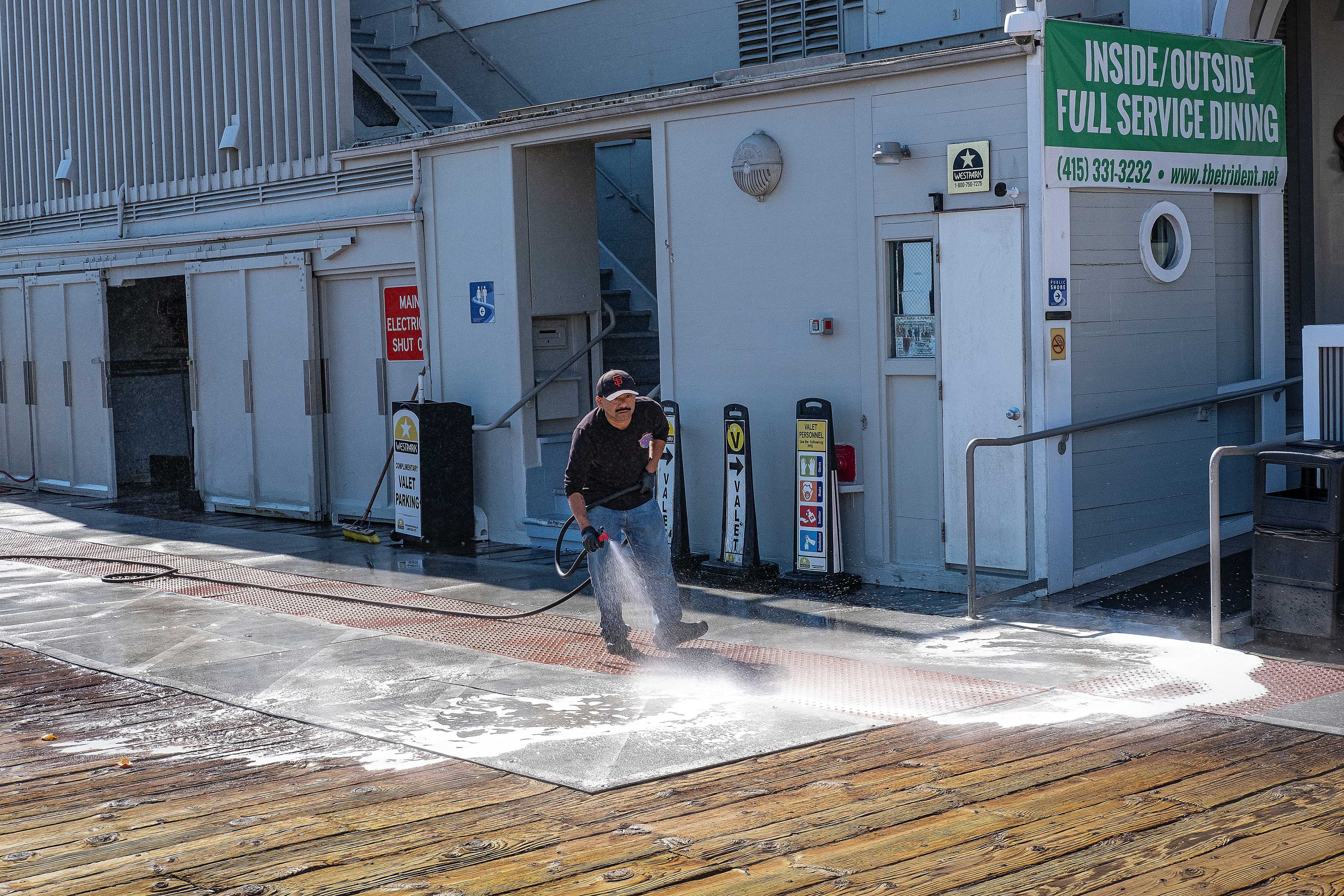
Welcome to our comprehensive guide that delves into the captivating realm of tarpaulins. As a leading manufacturer of high-quality tarps, we understand the importance of understanding the materials used in their construction.
In this article, we will take you on a journey through the history of tarps, explore the different types and their purposes, delve into the materials utilized in tarpaulin production, shed light on the significance of colours, and highlight the wide-ranging applications of tarps. By the end of this article, you'll have a thorough understanding of what tarps are made of and how they play a vital role in various industries.
Tarps, or tarpaulins, have a rich history dating back centuries. Originating in ancient civilizations, the concept of using durable materials to protect goods evolved over time. Sailors and merchants in the 17th and 18th centuries used canvas tarps to safeguard cargo on ships. Today, tarps play a vital role in various industries and everyday life, offering protection from the elements in construction, agriculture, camping, and more. The introduction of new materials, such as PVC and polyethylene, has expanded the possibilities and applications of tarps, making them versatile and reliable coverings.
Polyethylene tarps are widely used due to their versatility and durability. They are suitable for a range of general-purpose applications, including covering and protecting various items. With their water-resistant properties, they effectively shield belongings from rain, snow, and other moisture. Polyethylene tarps are commonly employed in construction sites, camping trips, gardening, and transportation to safeguard materials and equipment from the elements.
Canvas tarps have a long history of being a reliable choice for heavy-duty applications. Made from woven cotton or a blend of cotton and polyester, canvas tarps offer exceptional strength and durability. They are known for their resistance to tearing and punctures, making them ideal for rugged outdoor conditions. Canvas tarps provide excellent protection against UV rays, wind, and mildew. They are commonly used in construction projects, industrial settings, transportation, and as outdoor covers for machinery, vehicles, and equipment.
PVC tarps, constructed from polyvinyl chloride, are known for their excellent waterproofing capabilities and resistance to chemicals. They are a popular choice for industrial and commercial applications that require protection from water and harsh substances. PVC tarps are highly durable, providing reliable coverage and safeguarding items from moisture, UV radiation, and abrasion. They are frequently used in agriculture, construction, transportation, and manufacturing to shield goods, machinery, and outdoor structures.
Mesh tarps are designed with breathable fabric that allows for airflow while providing shade and privacy. They are typically made from a woven polyethylene or vinyl-coated polyester material. Mesh tarps are lightweight, tear-resistant, and resistant to UV rays. They are commonly used in outdoor settings where ventilation is necessary, such as construction sites, nurseries, and sporting events. Mesh tarps offer protection from the sun, reduce wind resistance, and maintain visibility while providing privacy.
Fire-resistance tarps are specifically designed to resist ignition and minimize the spread of flames. They are made from materials treated with specialized additives that enhance their fire-resistant properties. Fire-resistance tarps are crucial in environments where fire safety is a concern, such as construction sites, industrial facilities, and camping areas. They provide an added layer of protection against fire hazards and comply with safety regulations.
Custom tarps offer tailored solutions to meet specific needs and requirements. They can be designed and manufactured according to precise measurements, shapes, and features. Custom tarps allow for flexibility in terms of material choice, color, reinforcement options, and additional accessories such as grommets, zippers, and straps. These tarps are often used in industries that demand unique specifications, including transportation, agriculture, manufacturing, and commercial businesses.
Tarps can be made from a variety of materials, each offering unique characteristics and benefits. The choice of material depends on the specific requirements and intended use of the tarp. Here are some common materials used in tarp manufacturing:
Polyethylene (PE)
Polyethylene tarps are lightweight, flexible, and resistant to water and UV radiation. They are highly versatile and suitable for general-purpose applications. PE tarps are commonly used in construction, agriculture, landscaping, and recreational activities.
PVC (Polyvinyl Chloride)
PVC tarps are known for their excellent waterproofing properties and durability. They offer resistance to chemicals, abrasions, and extreme weather conditions. PVC tarps are often used in industrial settings, transportation, and outdoor coverings that require heavy-duty protection.
Canvas
Canvas tarps, made from woven cotton or a cotton-polyester blend, are renowned for their strength and durability. They provide excellent breathability, tear resistance, and UV protection. Canvas tarps are popular in construction, manufacturing, and as covers for machinery, vehicles, and outdoor equipment.
Mesh
Mesh tarps are constructed from breathable fabric that allows for airflow while providing shade and privacy. They are commonly made from polyethylene or vinyl-coated polyester. Mesh tarps are ideal for applications where ventilation and visibility are necessary, such as construction sites, nurseries, and outdoor events.
Fire-retardant
Fire-retardant tarps are designed to resist ignition and slow down the spread of flames. They are typically made from materials treated with specialized additives. Fire-retardant tarps are essential in environments where fire safety is a concern, such as construction sites and industrial facilities.
Customized
Custom tarps offer tailored solutions to meet specific needs. They can be made from various materials, including PVC, polyethylene, canvas, and specialized fabrics. Custom tarps allow for customization in terms of size, shape, color, reinforcements, and additional features like grommets and fasteners.
We hope this comprehensive guide has deepened your understanding of tarpaulins, their rich history, diverse materials, and versatile applications. Whether you require tarps for construction, agriculture, transportation, or personal use, knowing the types and materials available will help you make informed decisions. At [Your Tarpaulin Manufacturing Company Name], we pride ourselves on crafting high-quality tarps tailored to meet your specific needs. Contact us today to explore our range of tarpaulin solutions and experience exceptional quality and durability.